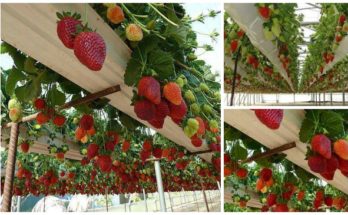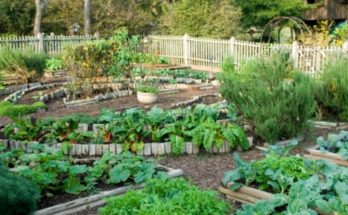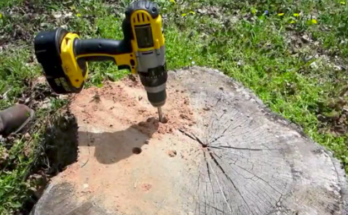Digging into the Garden: Using Kitchen Scraps for Healthy Plants
Whether or not you have a composter, there are some food scraps that you can dig directly into your garden right from the kitchen. All of these wastes will potentially offer useful nutrient sources for your plants, setting them up for success and a good harvest!
Eggshells – Save your eggshells from baking or breakfast. Eggshells are a source of calcium for plants, particularly tomatoes – although it takes some time for plants to take up the micronutrient. You must crush the eggshells very fine before using them in the garden. Some gardeners will use an old blender designated just for that purpose. I go low-tech (and don’t worry about dulling the cutting blades in my blender) by placing the eggshells into a heavy-duty plastic bag and crushing them with a rolling pin.
Coffee grounds – Coffee grounds provide a bit of extra nitrogen to growing plants (and some gardeners believe they deter slugs as well. There isn’t any scientific evidence that proves their effectiveness at pest control, but using them certainly doesn’t hurt). Although you can apply coffee grounds to the garden when they are wet, fresh out of the coffee maker, it is easier to work with them when they have dried out (and there is less of a chance of mold occuring). Tea drinkers can participate, too – loose tea, or tea that has been removed from used teabags, can also be added to the garden. Tea bags can certainly be composted, but they look unsightly if only partially buried in a garden bed, so it’s best to use loose tea.
Banana peels – Banana peels are a well-known gardening amendment used to add potassium, nitrogen, and phosphorus to the soil. Although many gardeners use banana peels specifically for roses, banana peels can be beneficial to all plants. It is best to chop up the banana peels into smaller chunks for ease of digging in and rapid decomposition.
Wood ash – Wood ash is sometimes used as a source of potassium for plants. Err on the side of caution when applying wood ash to your garden, as too much can adjust your soil’s pH to the alkaline side, as well as increase soluble salts in the soil. Never use ash from chemically-treated wood.
Occasionally, you may have to worry about pets or other animals getting into your garden and digging up the food scraps – if this is the case, you may wish to exclusively use a composter, or avoid particularly tantalizing waste products such as banana peels. (Most animals will leave the other amendments mentioned alone).
All of these scraps can be used to sidedress existing plants at any time during the growing season. Some, such as coffee grounds and wood ash, may be sprinkled onto the top layer of the soil. All may be dug into the top 1 or 2 inches of soil, but be careful not to disturb the roots of the plants when doing so.
By Sheryl Normandeau


